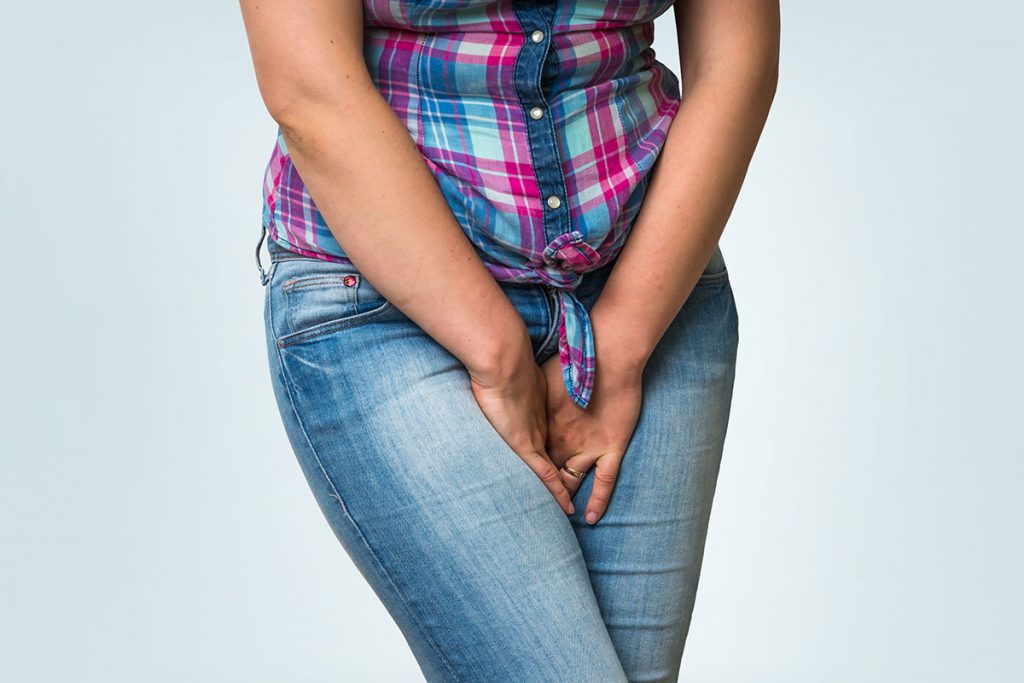Shame Associated with Leaking
Do you know any women in your life who suffers from urine leakage? Maybe you experience this yourself and aren’t sure how to cope with the feelings associated with it. Women experience leakage – or suffer from urinary incontinence – twice as often as men.1 Women also tend to experience major reductions in their quality of life, regardless of their age.2 In addition to suffering the symptoms of urinary incontinence, these women often don’t get the treatment they need because they are too embarrassed to report the problems to their healthcare providers due to the social stigma attached to their condition.3 As a result, their daily activities suffer, and ultimately, the urinary incontinence jeopardizes their physical, psychological, social, and economic well-being.1,4
Although leakage isn’t a comfortable experience, know that you aren’t alone. It’s ok to feel what you are feeling, and the more we educate society, and talk about these issues out loud to other people also suffering, the greater chances of reducing the stigma, shame, and embarrassment associated with leakage, and the more energy we can pour into improving our overall quality of life.

Here are 3 important facts about the shame that women feel when they suffer urinary incontinence.
- Shame prevents women with urinary incontinence from getting medical help. One study found that only a mere 4% of women with urinary incontinence wish to speak to a physician.5 When the researchers investigated the reasons for this tendency not to seek medical attention for troubling urinary incontinence symptoms, they found that younger women felt shame due to their condition, whereas older women were resigned to the suffering associated with their incontinence.
- Urinary incontinence makes many women reject their own bodies. Many women who experience urinary incontinence develop resentment and feelings of rejection toward their bodies.6 Their urinary incontinence often has a negative impact on women’s sexual satisfaction and intimacy, leading to changes in how they experienced sex and sexuality.7
- Cultural factors affect how women interpret their urinary incontinence. Research into the cultural basis for the shame associated with urinary incontinence has shown that Hispanic and Latina women maintain more secrecy than women of other ethnicities and, hide their condition even from family members.8,9 Non-white women have also been observed to be more likely than white women to express self-blame for their urinary incontinence. Some women believe that their urinary incontinence is a religious punishment.7
Conclusion
Though this condition is not uncommon, women with urinary incontinence often isolate themselves, preferring not to reveal their condition to others.7,10 Research has pointed to the preference of women with urinary incontinence to speak with other women about their symptoms, even if the other women are not healthcare professionals.8 The more women and people talk about this issue, the more normalized it becomes. The more normalized it becomes, the greater chance there is for people to start developing more strategies and treatments to help alleviate the issue.
One study found that less than 30% of women with urinary incontinence confide in their professional contacts and that only about 55% confide in their personal contacts.11 In cases where they did involve their personal relationships, these women were 5 times more likely to eventually consult a healthcare professional about their condition. Helping women to understand that other women are dealing with the same issues that they are and that there are treatment options available to them may motivate women to get the care they need. You are not alone, and the more it’s discussed in a non-shameful or judgmental way, the greater chances that all women will start to believe that they aren’t alone.
Follow us on social for more tips & tricks on keeping your pelvis healthy, more information about your pelvic health, tips and read about other women’s journeys.




















